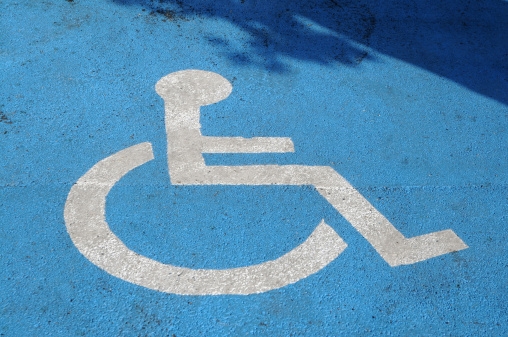Advertisement
HUD Charges Bank of America With Discrimination Against Disabled Homebuyers

The U.S. Department of Housing & Urban Development (HUD) is charging Bank of America with discriminating against homebuyers with disabilities. HUD claims that Bank of America imposed unnecessary and burdensome requirements on borrowers who relied on disability income to qualify for their home loans and required some disabled borrowers to provide physician statements to qualify for home mortgage loans. The Fair Housing Act makes it illegal to discriminate in the terms and conditions of a loan to an individual based on a disability, including imposing different application or qualification criteria, and makes it illegal to inquire about the nature or severity of a disability except in limited circumstances not applicable here.
“Holding homebuyers with disabilities to a higher standard just because they rely on disability payments as a source of income is against the law,” said John Trasviña, HUD Assistant Secretary for Fair Housing and Equal Opportunity. “Mortgage companies may verify income and have eligibility standards but they may not single out homebuyers with disabilities to delay or deny financing when they are otherwise eligible.”
HUD’s charge is based on a “Secretary-initiated investigation,” and the investigation of complaints filed by two individual borrowers in Michigan and one borrower in Wisconsin who claimed that Bank of America required them to provide personal medical information and documentation regarding their disability and proof of continuance of their Social Security payment in order to qualify for a home mortgage loan. The charge is also being issued as part of the work being conducted by the Federal Financial Fraud Enforcement Task Force’s non-discrimination working group.
According to HUD’s charge, Bank of America allegedly asked some borrowers for proof of their disabilities and sought evidence of the continuation of their Social Security income before approving loans, after first denying them. The matter will now be handled by the Department of Justice (DOJ).
About the author





